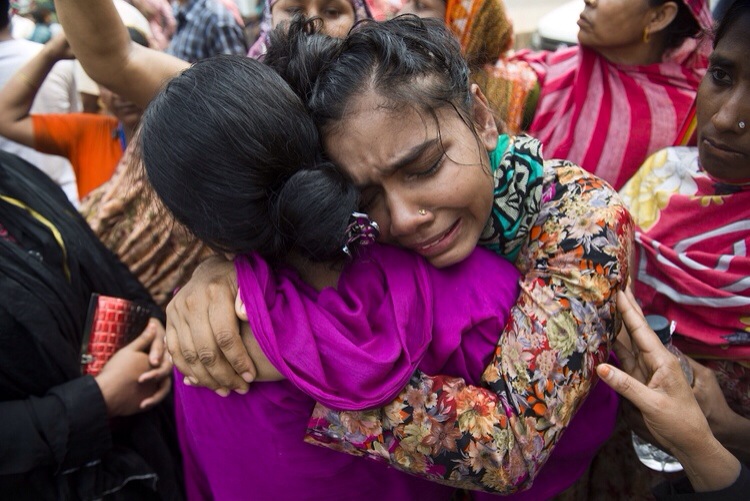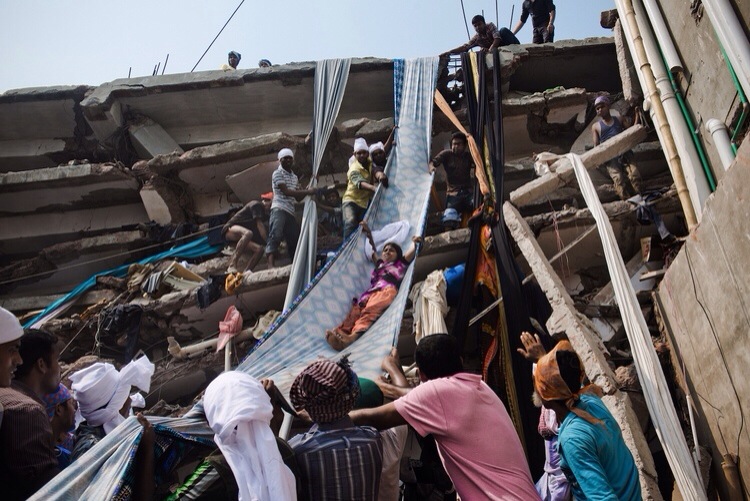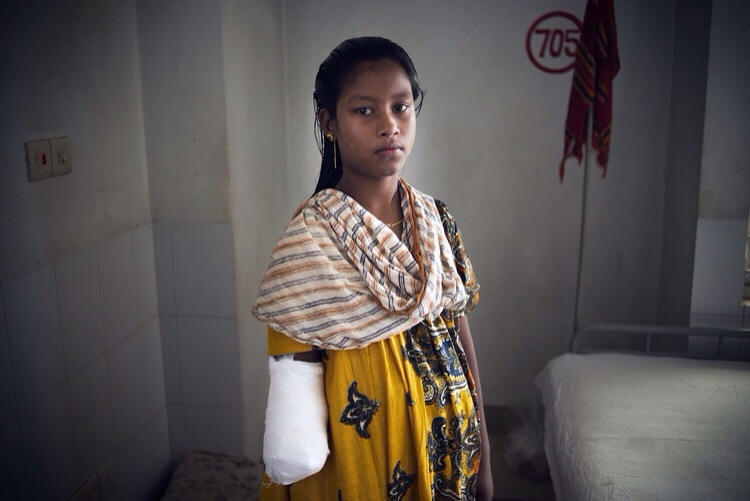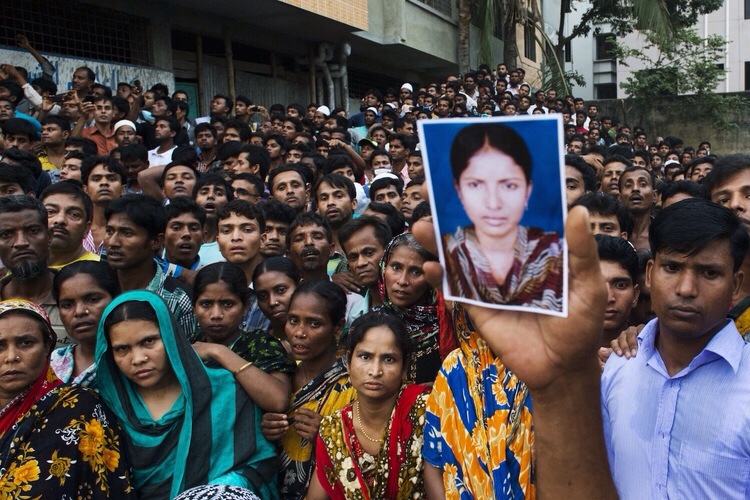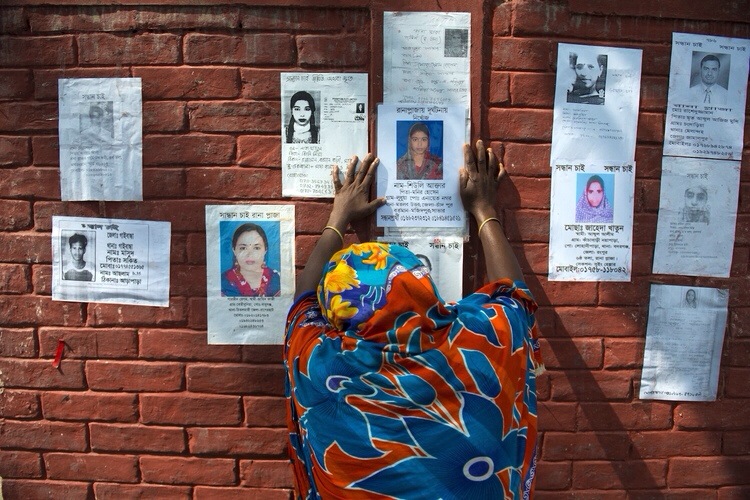Today marks one year since the tragic collapse of the garment factory Rana Plaza in Bangladesh leaving over 2,500 people injured and killing 1,132 people making it the most deadly disaster in the history of the garment industry. When I think of the lives that were lost and the families that have to live life without their loved ones, it moves me to take a good, hard look at what we can do so disasters like this never happen again.
As Western consumers, we have the luxury of a myriad of options when it comes to the clothing we decide to purchase and put on our backs. Lives should not have to be sacrificed to be able to purchase that new micro trend you saw on a website or on your favorite celebrity. It’s time that we begin to take responsibility for the choices we make when we buy clothing.
I spoke to two incredible New York-based sustainable designers that had some great insight on what we as consumers can do to know who and where we are buying from and how we can be more responsible in our consumption of clothing.
Tara St. James of sustainable clothing brand Study NY says:
“As consumers we have been conditioned to want more, faster and easier. We have forgotten to ask questions and we no longer recognize quality of construction. I believe the only way to create change and stop future tragedies like the one at Rana Plaza is to start asking questions and demand accountability and transparency from designers, brands and corporations. Buy better, but buy less.”
Carrie Parry, designer of her socially responsible namesake label had this to say about the tragedy and what we can do to pitch in:
“On a global scale our over consumption and production habits are making luxuries out of basic human rights and nature’s fundamental creations. We must understand the true cost of our clothing and look towards more socially and environmentally responsible practices and consumption habits.
Fashion does not have to be the enemy of conscious consumption. We should remind ourselves everyday that sustainability is truly our highest aspiration and our greatest success. We have the power to make positive change. And as they say, with great power comes great responsibility.”
It may be very simple to pick up that $10 top you saw in an ad of a popular fast-fashion retailer but it’s time that we begin to look towards a more sustainable model when it comes to buying our clothing. We should make more of an effort to see where our clothing is being sourced & manufactured.
I have learned such a great deal from Zady, an socially responsible e-commerce platform who is committed to “combat the fast fashion craze” and works with designers that source their fabrics locally, construct their pieces by hand, are made in the United States and construct high quality, sustainable pieces that don’t sacrifice style. If you would like to find out more about Zady, you can check out their website and mission below and you can read my interview with co-founder Soraya Darabi, here.
Today, April 24th, 2014 is marked as Fashion Revolution Day. The fashion industry is beginning to take a stand against waste, harsh working conditions and urging us to ask all the right questions. You can find out more about the organization, here.
We can all make a difference and you can be involved in making a change, too. It’s all about choices. Being conscious of who you are buying from, where you are buying from and making investments in pieces that will last you long past one season’s trend can make so much more impact on the world that you can imagine. Today, my thoughts are with the family of the victims of Rana Plaza. Let’s do better.
Please find resources, videos and links below as a guide to help make more informed decisions.
All photos by Ismail Ferdous, a photojournalist who covered and captured the shocking moments of the Rana Plaza Tragedy on April 24th, 2013.
Resources:
Overdressed: The Shockingly High Cost of Cheap Fashion by Elizabeth Cline
The Deadly Cost of Fashion
The Hidden Face of Globalization
Clean Clothes
Study NY
Carrie Parry
Zady
Did fast-fashion brands learn any lessons at all?
Creating Sustainable Value Chains
An Interview with Soraya Darabi, Co-Founder of Zady
Ismail Ferdous

